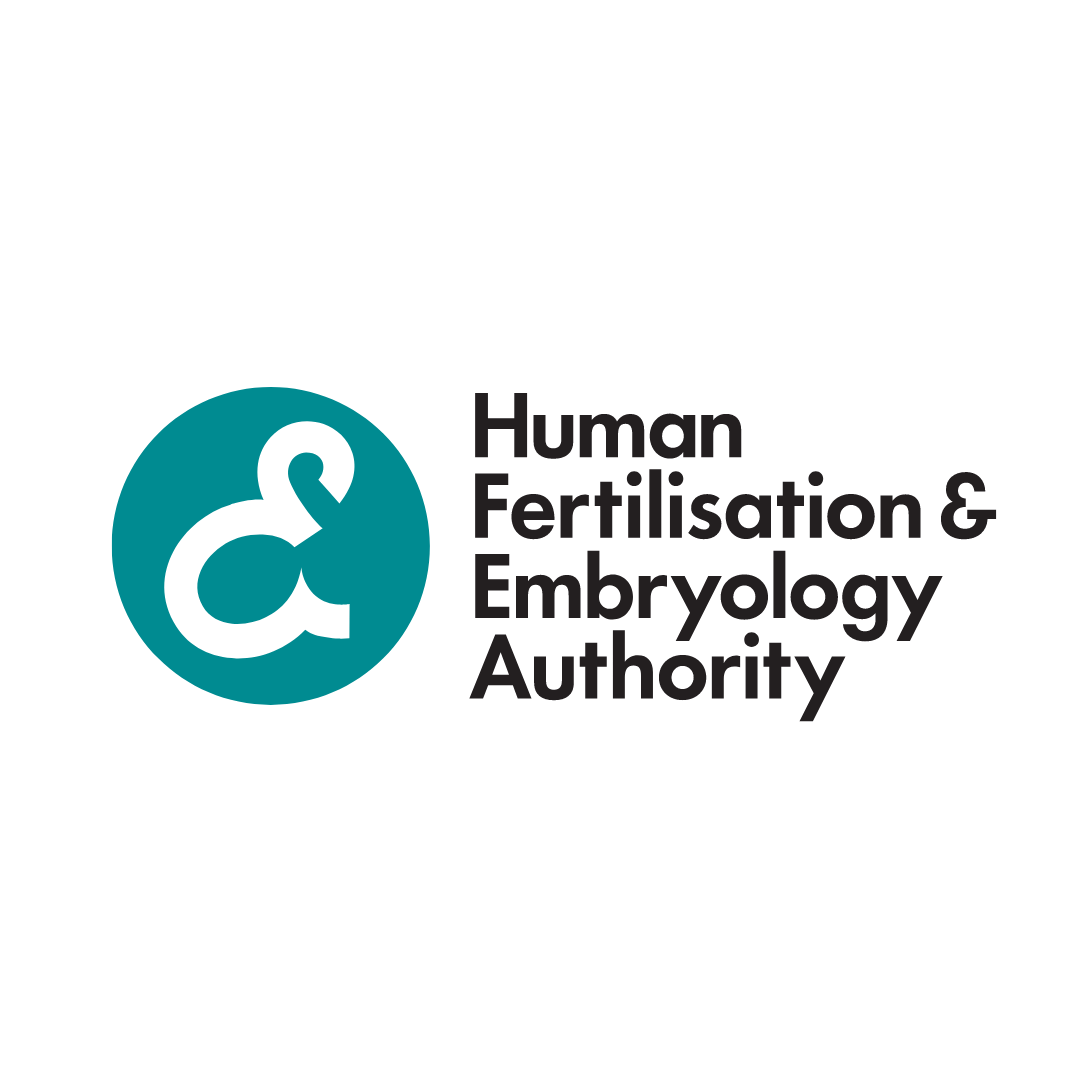UK law
As our charity is based in the UK this is a summary of the situation in this country. Other countries vary enormously and aren’t covered in detail here. Lots of our members are having or have had treatment outside the UK who can share their experiences too.
Since April 2005, when the law changed, all donors used in UK clinics agreed to be identifiable to a child when they turn 18. The number of families that can be created from one donor was limited to 10. This is not easy to enforce with 100% certainty, but a donor recruited in the UK should be aware of the family limit and understand why it was introduced and would therefore, hopefully, be less likely to donate beyond that.
The Human Fertilisation and Embryology Authority (HFEA) regulates all UK clinics and holds information on donors, treatment cycles and children born in a register. Parents can ask for non-identifying information about the donor and details about any half-siblings on behalf of their child before they reach 18.
At 16 children can request non identifying about the donor and half-sibling numbers via the HFEA (their sex and year of birth). At 18 they can request identifying information about the donor via the HFEA, including contact information, although the donor is not under any obligation to respond or engage beyond the level they are comfortable with.
Children created through the same donor (half siblings) can be connected, by mutual consent, once they turn 18.
Donors can find out the number of children born as a result of their donation and the sex and year of birth. They aren’t able to access identifying information about these offspring and have to wait to be contacted. Donors’ own children are not included in the records and do not have the right to access any information.



